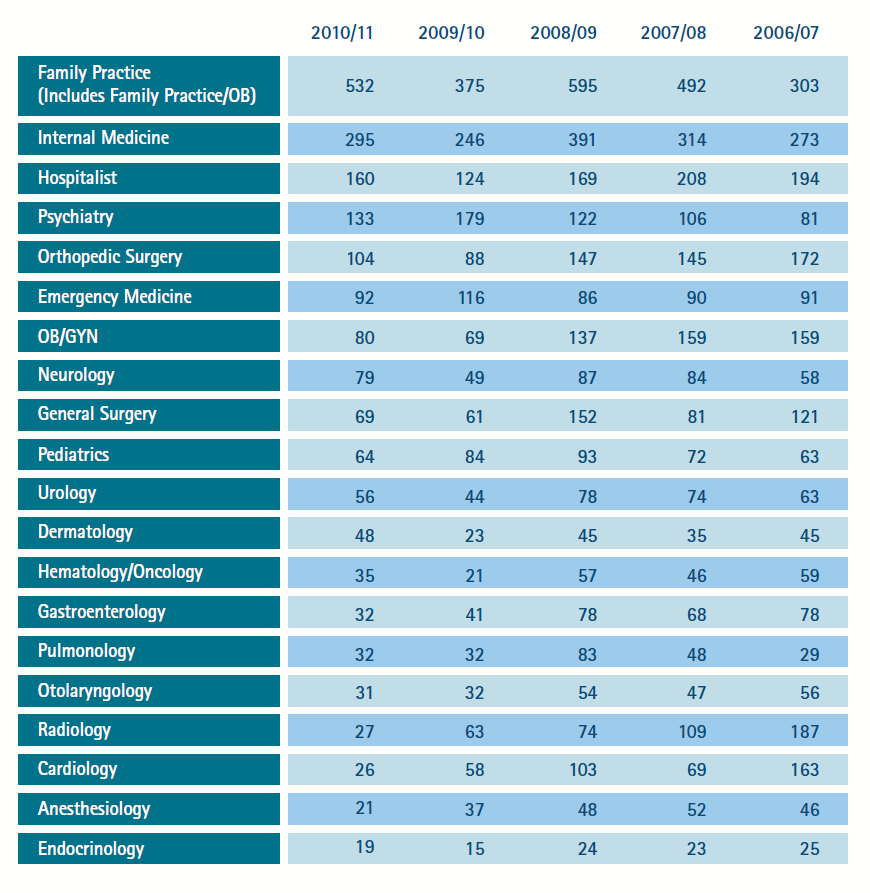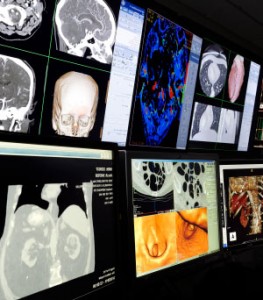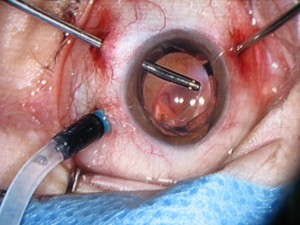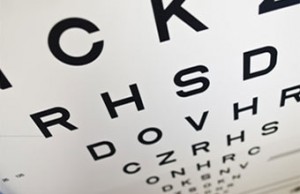Now that I am in the first year of residency I am beginning to think about landing that first real job. As a Transitional Year resident I am heavily involved with the Internal Medicine residents at my hospital. I found out very quickly that these internal medicine residents are HIGHLY sought after. In fact, many of them receive job offers on a weekly, or even daily basis. The jobs that are in highest demand for internists are outpatient primary care and inpatient hospitality. Many of my senior residents are being offered salaries between $200,000 and $300,000 along with many benefits including loan repayment. There are even some offers higher than $300,000 for less desirable locations! This is in a stark contrast to the ophthalmology job market that I will face, where starting salaries are low and it is terribly difficult to get your foot in the door.
Recently, I came across the Merritt Hawkins database. Merritt Hawkins obtains information about starting salaries and benefits for newly graduated residents. I speak about their great physician salary database in my Ultimate Guide to Physician Salaries. However, their database also contains a list of the 20 most recruited specialties in medicine. The list may shock you! The ability to find a well paying job right out of residency is NOT AT ALL correlated with the competitiveness of the specialty. Case in point: family physicians and general internists are the two most highly recruited specialists in medicine!
This list represents the Top 20 most ‘requested physician searches by medical specialty.’ The numbers represent the number of times Merritt Hawkins was used to recruit a person from the respective specialties (Merritt Hawkins full PDF including physician compensation data is available here for free). So, when you are deciding on a specialty, don’t forget that competitive does not equal good job placement. In fact, many of the least competitive specialties are very high on this list (pediatrics, psychiatry, family medicine)














 My name is Andrew and I am a first year resident training to be an ophthalmologist. I created ShortWhiteCoats to provide medical students, residents, and the public with all the information I spent so many hours looking for during medical school.
My name is Andrew and I am a first year resident training to be an ophthalmologist. I created ShortWhiteCoats to provide medical students, residents, and the public with all the information I spent so many hours looking for during medical school.







